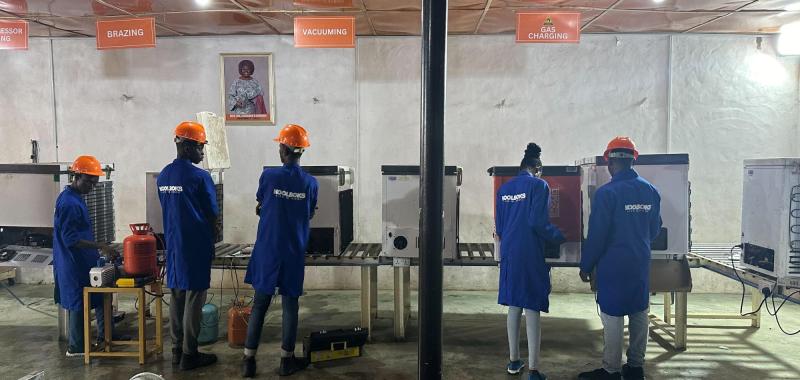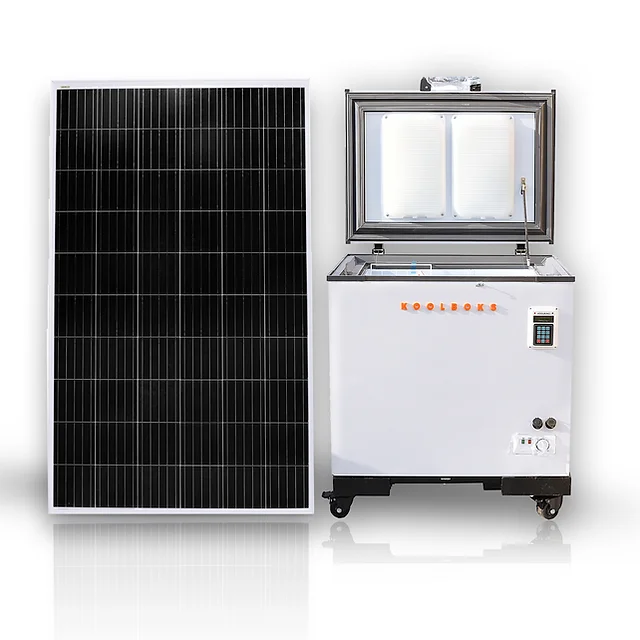The lack of reliable, off-grid refrigeration in crisis-affected areas of Nigeria leads to food spoilage and loss, as well as limited access to essential services like lighting and access to energy for phone charging. Ultimately, this impacts economic stability and quality of life in these areas.







